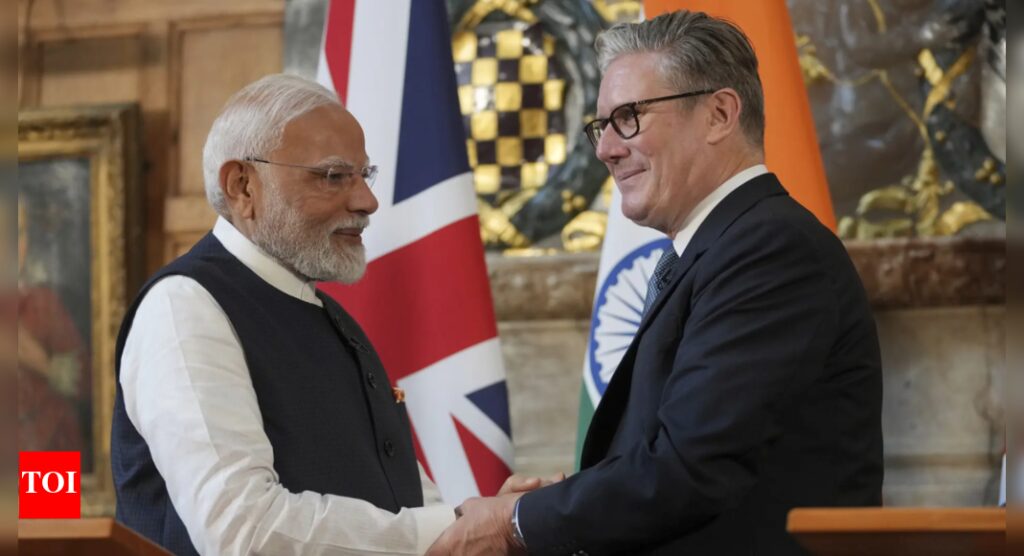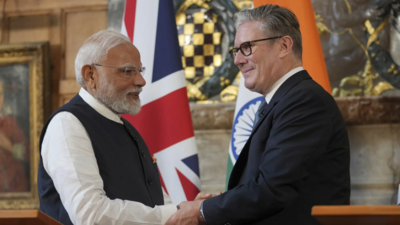Britain deal eases costs, lifts mobility for Indian techies

BENGALURU: The UK-India Double Contributions Convention (DCC) marks a major breakthrough for Indian IT firms sending tech talent to UK. With short-term assignments critical to project execution and meeting client demands, the removal of dual social security contributions for up to 36 months offers much-needed relief, report Shilpa Phadnis & Veena Mani.DCC exempts Indian workers temporarily employed in the UK – and their employers – from paying social security contributions for three years. By eliminating this double contribution burden, the agreement resolves a long-standing challenge for Indian tech companies and service providers. This exemption will enhance access to Indian talent and open new opportunities for skilled professionals in the UK.Currently, Indian employees deployed to the UK must contribute to the UK’s National Insurance while continuing to pay into India’s Employees’ Provident Fund. This double contribution increases the cost of overseas deployment. DCC allows Indian professionals to contribute solely to EPF during short-term stints.“With short-term assignments being central to project delivery, removal of dual contributions brings welcome relief. It significantly reduces assignment costs while ensuring continuity of coverage in India,” said Puneet Gupta, partner, people advisory services tax, EY India.Vikram Shroff, partner, employment law at AZB & Partners, said that upon obtaining a certificate of coverage from Indian PF authorities, employers can avoid UK pension payments-a significant expense Indian employees couldn’t benefit from. India has signed similar social security pacts with nearly 20 countries including Australia, Canada, France, Germany & Japan.The agreement addresses a longstanding demand, cutting costs and hurdles. “Amid increasing protectionism, this offers strong support to both individuals and businesses,” said Venkatraman Narayanan, MD at Happiest Minds.






